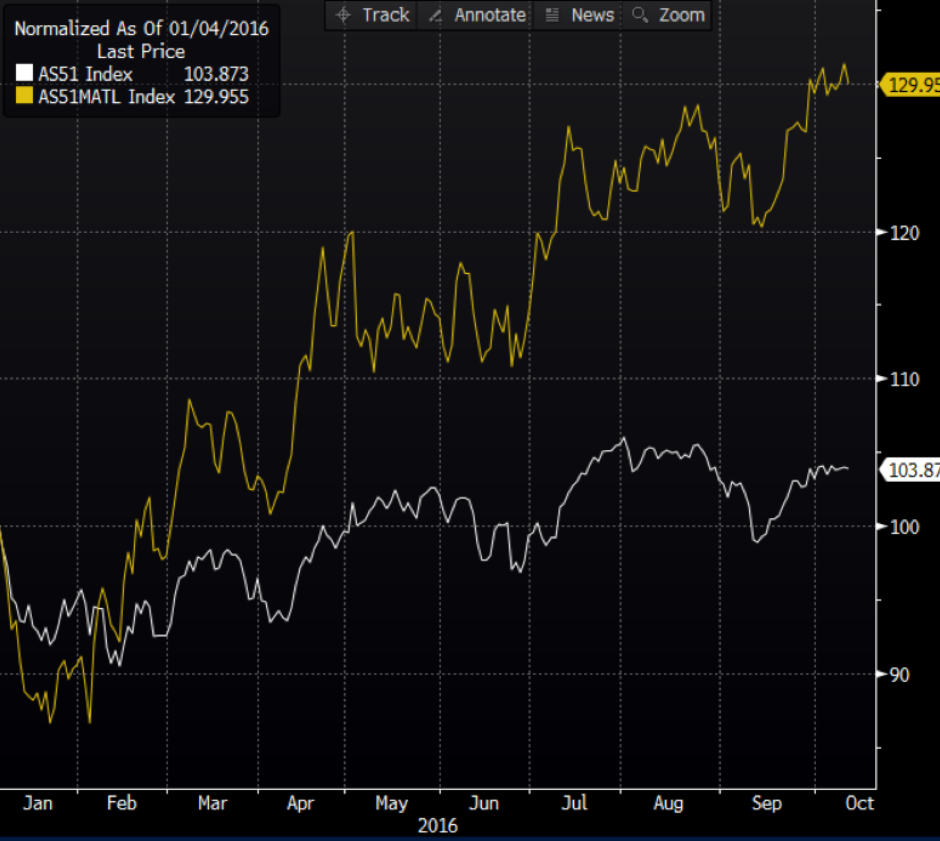
With a focus on the long term, we’re sticking with quality
Sometimes, the gyrations of the stock market can make our investment decisions look a bit ordinary. Take this year for example, in which a rebounding materials sector has easily outperformed the broader market. However, such moves don’t affect our investment philosophy. Our focus is strictly on longer term business fundamentals.
As most readers will know, our investment process starts with an assessment of business quality. Over the long haul, we believe it makes sense to focus on businesses with the ability to earn excess economic returns, and thereby create shareholder value over time by investing for growth.
A good test of business quality is the ability of management to set prices. For a business that can raise prices without a dramatic loss of customers, earning good economic returns tends to be straightforward: if returns are too low, management need only move the ‘price’ lever to a more comfortable setting.
This orientation tends to keep us out of the resources space, where price and economic returns are very much hostage to supply and demand. If management attempts to pull the price lever in these businesses, the result can be a sudden and complete loss of revenue.
There will be periods when the forces of supply and demand offer tailwinds to resources companies, and periods when they don’t. However, over the long run, it is very difficult for management to hide from price competition, and this means that sustaining excess economic returns tends to be very difficult.
For 2016, conditions have been favourable for the resources sector. Prices for a range of commodities have generally been rising, in some cases, sharply. This stands in contrast to a generally bleak experience over the previous 5 years when prices were trending lower.
The impact of this can be seen in the following chart, which compares the performance of the S&P/ASX200 Index, with the materials sub-sector of the same index. As you can see in the graph below, the materials sub-sector has given the broader market a thrashing.
This translates into weak relative performance for investors like ourselves, who remain focused on quality businesses. However, we accept this as an inevitable feature of our investment style. Periods like this will come and go, and our view is that it is extremely difficult to reliably predict when they might start and finish. Accordingly, it does not make sense for us to try to trade around them.
As always, our focus is on delivering good long term results, and we believe we have a good chance of doing so if we ignore short term noise and remain true to our beliefs around quality.
Our beliefs do not preclude us from investing in resources businesses, but you should not expect a wholesale change in direction from us any time soon.

Hi Tim, in any case the risks to commodity prices are likely to be to the downside. See commentary by Prof Michael Pettis:
http://blog.mpettis.com/2016/09/the-impact-in-china-and-abroad-of-slowing-growth/
But as you know that doesn’t mean I advocate shorting them.
Kelvin
Thanks, Kelvin. Will have a read. Tim
Good on you Tim. Stick to your guns.
Kelvin